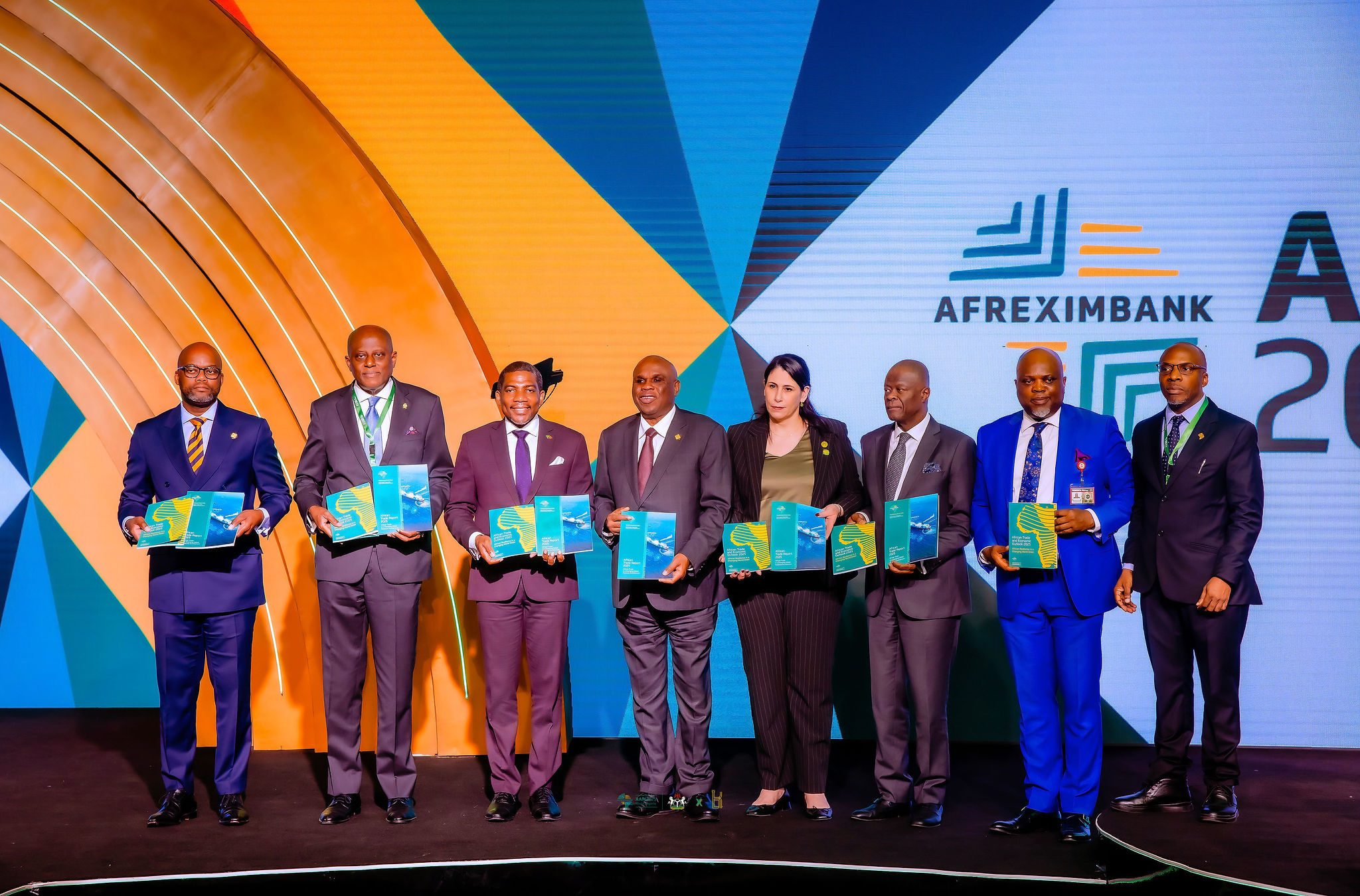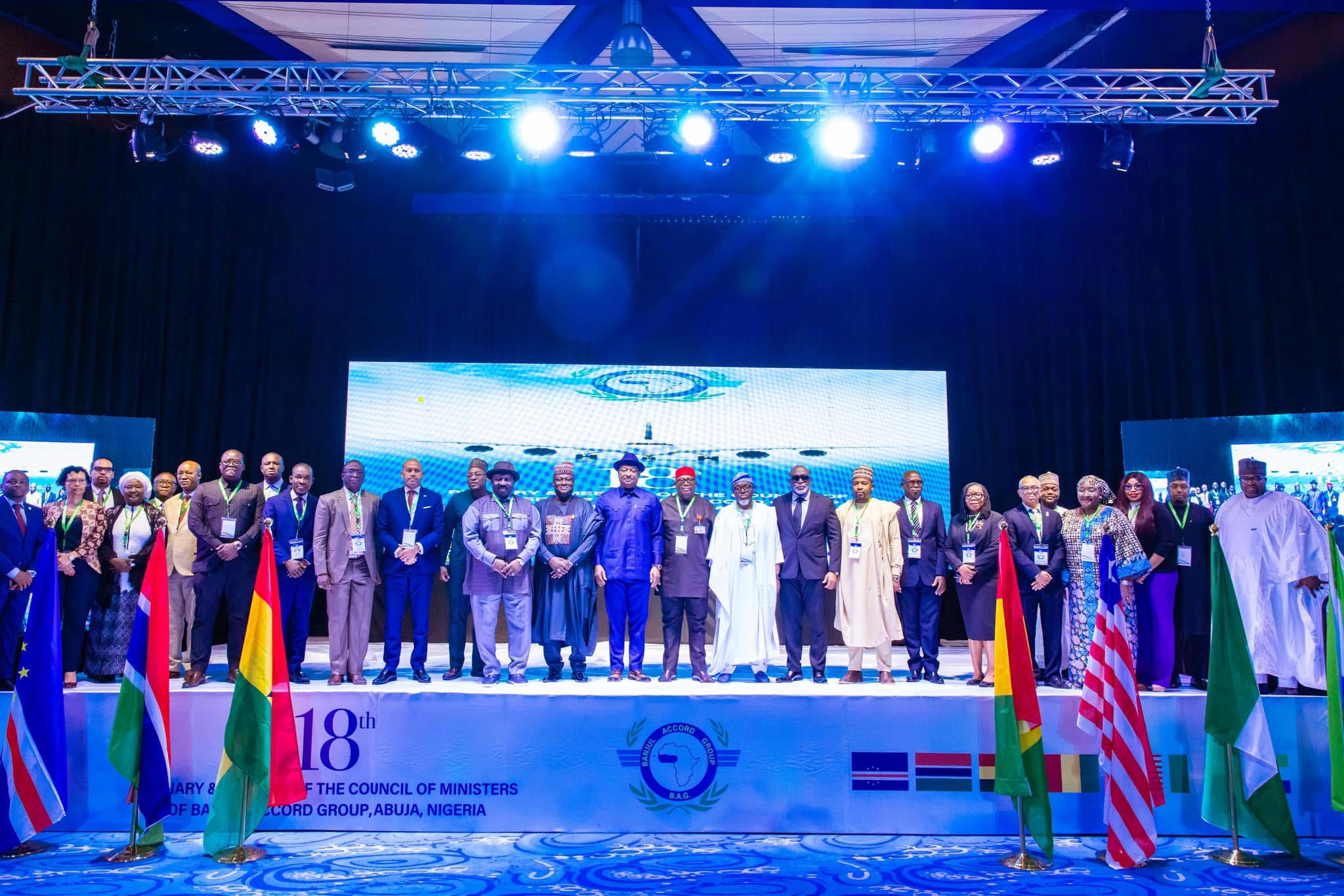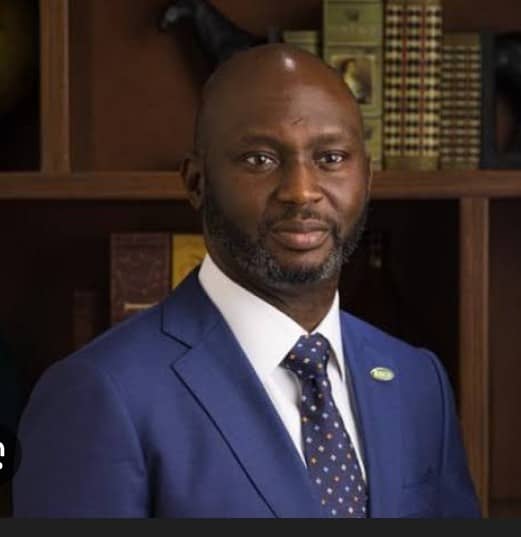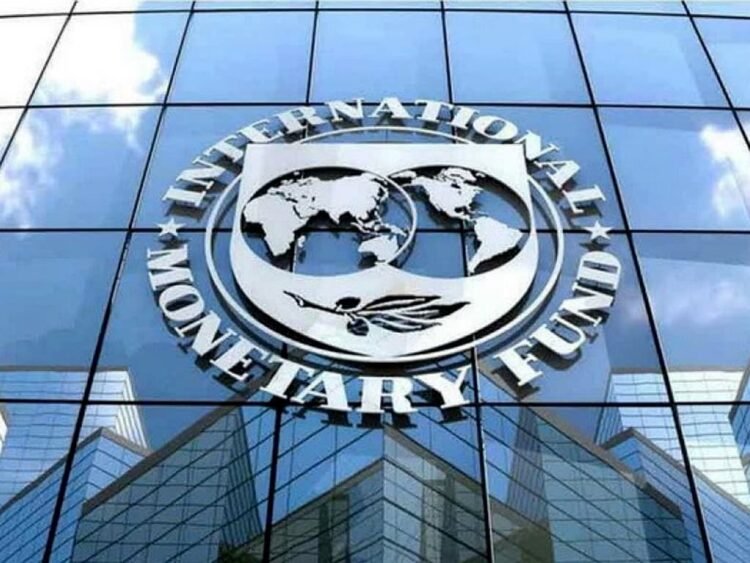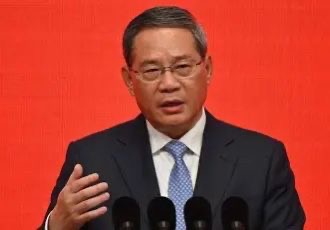Africa’s records 3.2 per cent growth in 2024- Afreximbank Trade Report
Okeoghene Akubuike
Africa recorded a growth rate of 3.2 per cent in 2024, in spite of the challenging global environment, says Afreximbank Research Report.
Dr Yemi Kale, Group Chief Economist, Afreximbank disclosed this while presenting the 2025 African Trade and Economic Outlook (ATEO) Report at the Afreximbank 32 Annual Meetings(AAM2025) in Abuja on Wednesday.
Kale, however, said the growth rate was still below the pre-pandemic growth rate of five per cent.
He said the performance could be attributed to stronger public investment, high commodity prices, notably of gold, cocoa, and coffee, and the early success of diversification strategies.
Kale, however, said growth on the continent remained uneven, with resource-dependent countries facing greater challenges.
He said the report showed that Africa’s merchandise trade recovered in 2024, rebounding by 13.9 per cent to reach 1.5 trillion dollars.
According to him, this is a significant increase from the decline of about 5.4 per cent recorded in 2023.
He said Africa’s merchandise imports grew to 769.01 billion dollars in 2024 while exports grew to 758.01 billion dollars.
Kale said Africa’s merchandise trade balance posted a deficit of 11 billion dollars in 2024.
He said Intra-African trade showed a remarkable upturn in 2024 of 12.4 per cent to reach 220.3 billion dollars, rebounding from a decline of 5.9 per cent in 2023.
He, however, said that in Africa, inflation increased from 18.2 per cent in 2023 to 20.1 per cent in 2024.
Kale said this positive trend was expected to be sustained, bolstered by the continued implementation of the African Continental Free Trade Area (AfCFTA), which is emerging as a foundation for the continent’s trade resilience.
“The 2025 report, “African Trade in a Changing Global Financial Architecture,” finds Africa at a pivotal juncture.
“As global trade routes and rules evolve, Africa’s share of world exports has seen a slight decline, from 3.5 per cent in 2009 to 3.3 per cent in 2024.
“Intra-African trade accounts for a paltry 14.4 per cent of the region’s formal trade underscoring continued dependence on external demand and exposure to commodity shocks.
“Yet fragmentation brings new opportunities: increased shipping traffic around the Cape, growing investment in Africa by the countries of the Persian Gulf and Asia.
“Also heightened demand for Africa’s critical minerals are enhancing the continent’s strategic position.”
Kale said unlocking this potential required closing the 100 billion billion-dollar annual trade-finance gap, which constrains most African small and medium enterprises from participating in regional value chains.
He said gradually, but promisingly, Africa’s financial architecture was restructuring and beginning to respond to the new economic realities.
The economist said Afreximbank, had disbursed 17.5 billion dollars in 2024 and aimed to double intra-African trade finance by 2026.
He added that the Pan-African Payment and Settlement System (PAPSS) was gaining traction, with over a dozen central banks now linked, reducing transaction costs and reliance on the US dollar and euro.
Kale emphasised that the report clearly conveys Africa’s urgent need to transform global fragmentation into a catalyst for resilient, inclusive growth and value-added trade.
He said African development finance institutions must be strengthened with more capital and fairer global regulation as well as accelerating AfCFTA implementation, especially around tariff schedules, rules of origin, and national coordination.
Kale added the need to expand digital payment infrastructure to reduce currency and logistics bottlenecks, and use Africa’s G20 seat to push for reforms in reallocation of special drawing rights, debt restructuring, and global financial rulemaking.
“Together, financial sovereignty, digital integration, and coordinated diplomacy must form the foundation for Africa to overcome global disruption and build a more sustainable, shock-resistant, and opportunity-rich trade future.”
The 2025 edition of the African Trade Report, published by Afreximbank examines trade and economic development in Africa and other parts of the world during 2024.
It examines how a fragmented global economy, characterised by geopolitical tensions and industrial rivalries, is impacting Africa’s trade dynamics amidst its push for industrialisation and deeper intra-African trade integration.(NAN)(www.nannews.ng).
Edited by Vivian Ihechu




